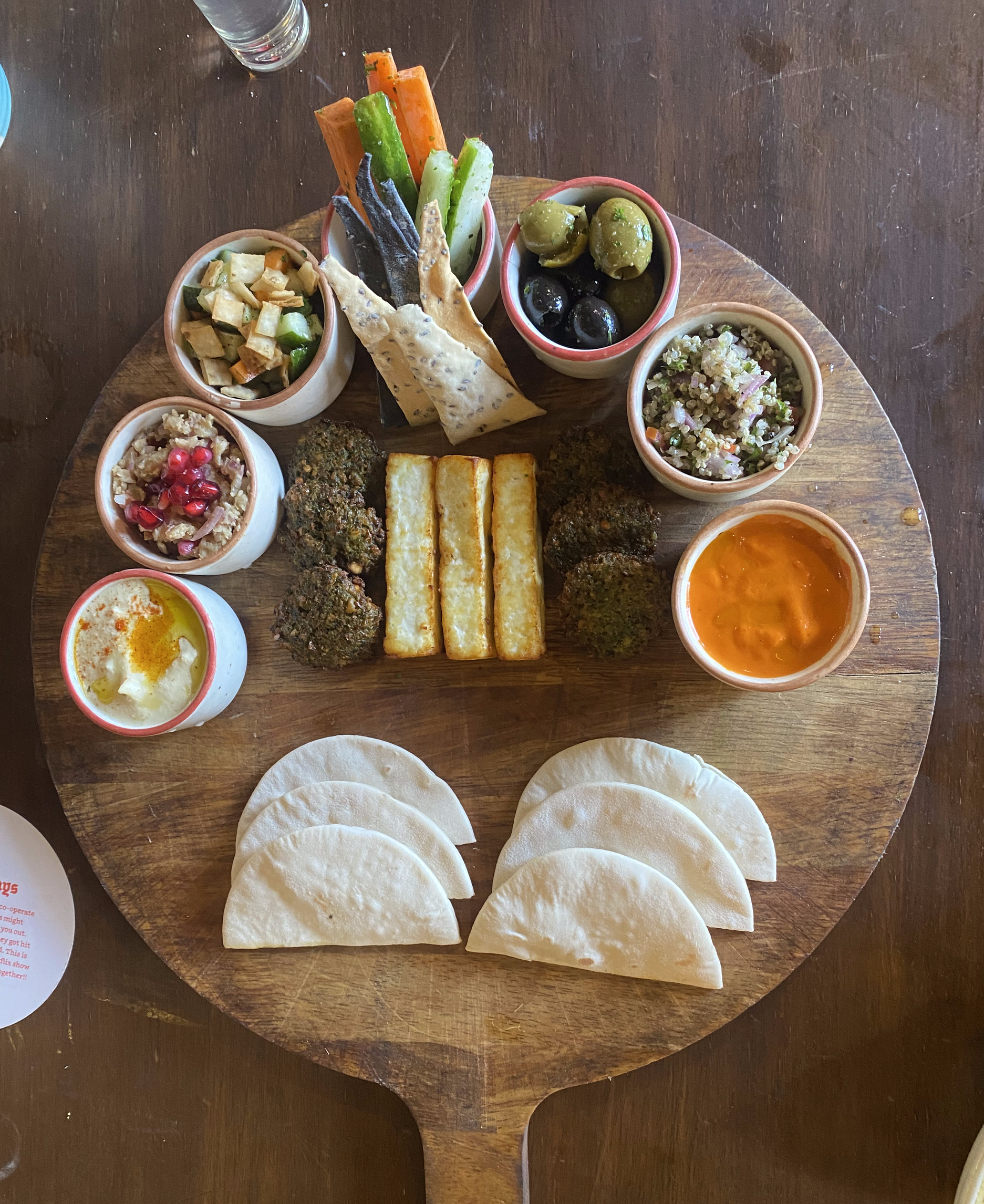Food Preservatives - things you must know.

How much do you know what you eat everyday? Here is a small writeup to create awareness towards food preservatives.
Easy to cook, ready to eat natural foods are popular and preferred foods these days due to their ease of usage as well as the addictive taste. But how much do we care about the nutrition we get from them or do we think of the harmful effects those preservatives would cause?
Have you ever thought how can a food product stay so fresh for so many days without any change in its taste, quality and even colour? For example; can we store fresh fruit juice for more than few hours without impacting its taste, colour and freshness? Not at all right?. But how can the canned fruit juices remain fresh for 180 days and yet they claim it has only fresh fruits?! Added Preservatives make it happen. We all eat our favourite packed snacks/foods without even knowing the ingredients and their effect on our health. Any common man who looks at the nutrition label and make an effort to read the contents on the back of the packet, will not able to understand the contents or even pronounce half of them. From aspartame to sulfur dioxide, it’s good to know what preservatives we are ingesting and what they mean for our bodies.
What are preservatives? Preservatives are the substances that are added to the food to prolong shelf life and keep the products from spoilage (that is breaking from action of micro organisms). Not all preservatives are bad. They are being used since ancient times to preserve foods for the entire year.There are both natural and artificial preservatives. Vinegar, salt, sugar, glycerine, honey and heat are commonly used natural ways to preserve foods for longer durations. Knowing about few commonly used preservatives helps us all to keep ourselves away and safe from their side effects.There are safe to use preservatives and not so safe or questionable ones. Safe means, the Federal government approved products which have been tested and given certificate as safe; GRAS (generally recognised as safe) and questionable preservatives are those which are not so safe to be used as they contain products causing health hazards.
Safe considered preservatives are :
Ascorbic acid: A form of vit.C and generally found in citrous fruits and vegetables. Ascorbic acid is antioxidant that helps protect the body from free radicals.It is one of the natural preservatives and FDA approved. It is typically used to help prevent food spoilage
Aspartame: It is a very common artificial sweetener. Aspartame tastes up to 220 times sweeter than natural sugar! It sometimes goes by the names Natural sweets and Equal.This is also FDA approved preservative and considered safe
Taurine: Taurine is a substance which helps maintain water and electrolyte balance in blood. Its a commonly found additive in energy drinks. Taurine is found naturally in meat, fish and breast milk. Upto 3000-4000mg taurine is considered safe.
Nisin: This primarily used for its antimicrobial properties and is used in meat and poultry products, cheese and salad dressing. It is also natural and considered safe to eat.
Not so safe preservatives are:
Sulfites: These preservatives are used to stop browning and discolouration of food but have linked to asthma related sensitivity and allergy in some cases.
Sodium benzoate:This is used to stop the fermentation or acidification of foods and can be found in sodas and canned fruit juices. It is said that when sodium benzoate is mixed with ascorbic acid it produces carcinogenic chemical named Benzene.
Benzene Nitrite: This preservative is used in meat to keep the red colour. Nitrites are also found with carcinogenic effect and are found in processed meats like hot dog, smoke fish, bacon, sausages.
What should be your action plan: Here are few tips to buy safe foods.
1. Always read the nutrition label given at the back of the packet. Make it a habit, if you can see long list of ingredients that you don't recognise, stay away from them
2. Try and buy organic food products or look for the GRAS label where preservatives are used. If both are not your choice then look for packs which says preservative free.
3. Go fresh. It is the best way to be away from the preservatives. Fresh foods are likely to be preservative free as they are not stored. Opting for fresh meat, grains, vegetables, fruits and juices are the best way to be safe.
4. Choose natural products. They are additive free and they are best in their taste. They also provide you with the best nutrients required for your body.
5. Adopt good eating habits, when you know what does your body need and what do you provide, there is least risk of health hazards from them. Carefully opting the foods you consume everyday can add few more years to your lifespan.
So think before you buy !!
Cheers !
